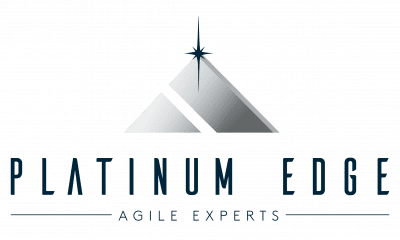With many leadership positions, regardless of the industry, it is advantageous for those in charge to know about their field’s operation processes. From communications professionals to engineering, those who have technical backgrounds have a greater knowledge for what a company needs.
But is it completely necessary for them to know how to “do” the work?
The ideal scenario is for the scrum master to possess some technical skills and product knowledge, so they can understand and communicate effectively with a technical team.
But from a business aspect, the scrum master should also possess the negotiating and persuasive skills to remove impediments. He/she should also coach external and business stakeholders to clearly understand and follow the agile processes used throughout the project.
If a scrum master’s only role was business facing, a technical background might not seem as important.
Some people argue that it is easier to teach someone with great people skills how to “tech-talk,” and that it’s much harder to take a technical expert and teach them the mindset of a servant leader. Scrum masters need a certain level of technical knowledge, but a solid scrum master knows both people and technology.
Think of it this way: Book smarts aren’t always equivalent to people smarts, and vise versa.

